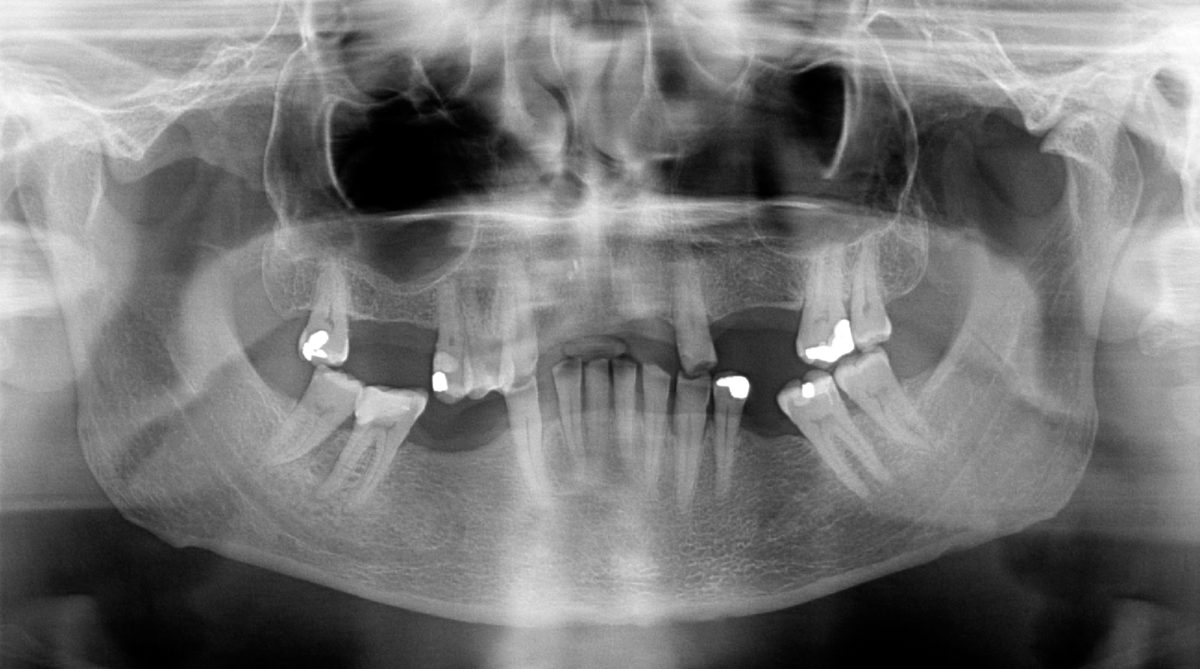 Approximately 178 million Americans are living with one or more missing teeth, according to the American College of Prosthodontists. Many people underestimate the problems that tooth loss can cause, especially if the missing tooth isn’t affecting the appearance of your smile. Unfortunately, missing teeth DO cause oral health problems and when left untreated, missing teeth can prevent your ability to receive a dental implant.
Approximately 178 million Americans are living with one or more missing teeth, according to the American College of Prosthodontists. Many people underestimate the problems that tooth loss can cause, especially if the missing tooth isn’t affecting the appearance of your smile. Unfortunately, missing teeth DO cause oral health problems and when left untreated, missing teeth can prevent your ability to receive a dental implant.
What happens to your mouth when you have a missing tooth? The tooth root is responsible for stimulating the jawbone and keeping it strong. When the tooth root is no longer stimulating the jawbone, it becomes weak and recession begins. This can cause atrophy and make a person look years older than they actually are which can lead to mental and overall health problems.
Continue reading to learn about the most common oral health problems related to missing teeth and how you can prevent them.
1. Shifting teeth
The combination of a gap in your teeth and loss of jawbone density often causes teeth to move over time. The neighboring teeth will likely move into the space and the others will follow.
Shifting teeth won’t just affect your appearance but the functionality of your smile as well. As your teeth move, it’s common to experience pain and discomfort.
2. Bite irregularities
Shifting teeth, in turn, lead to bite irregularities that affect the health of the remaining teeth, gums, head and neck, and jaw joint.
Malocclusion, or an improper bite, creates various oral and overall health problems. These include muscle pain, headaches, severe tooth wear, more tooth loss, sensitivity, and TMJ disorder.
3. Difficulty chewing
One of the main functions of teeth is to assist in chewing. The front teeth break off bites of food and the back teeth grind up food that requires more work than others. Even the loss of one tooth can disrupt this ability.
The inability to properly chew food can lead to jaw pain and worn teeth as well as digestion problems.
4. Facial aesthetics
Though this isn’t necessarily an oral health problem, it certainly impacts the emotional wellbeing of a person with missing teeth. Teeth support the jaw joint which supports the structure and shape of the face. As stated before, atrophy occurs when the jawbone begins to deteriorate. This makes the person’s face appear sunken and aged.
People with missing teeth aren’t just insecure about their smiles, but their appearance as a whole. Insecurity can lead to feelings of inferiority that affects a person’s work, home, and social life.
5. Speech issues
Missing teeth make it difficult to pronounce certain words. People with one or more missing teeth often find themselves slurring, whistling, and/or spitting when talking.
This is another cause of insecurity that could be avoided with proper dental care.
Prevent Oral Health Problems with Dental Implants
Dental implants are one of the most effective treatments for dental implants. These eliminate the most pressing issue of jawbone resorption because the implant actually replaces the tooth root.
The key to experiencing life-like, effective, successful results with dental implants is to choose an experienced and highly regarded oral surgeon. Even if you’re experiencing the effects of a missing tooth, a good oral surgeon can perform a bone grafting procedure to replace the deteriorated jawbone.
Dr. Chris Tye is more than prepared to help restore your smile. He has been nominated multiple times as a top dentist in North Texas and is recognized as a leading oral surgeon by several publications.
To learn how Dr. Tye can replace your missing teeth, call our Colleyville oral surgery office at (817) 552-3223 today.


